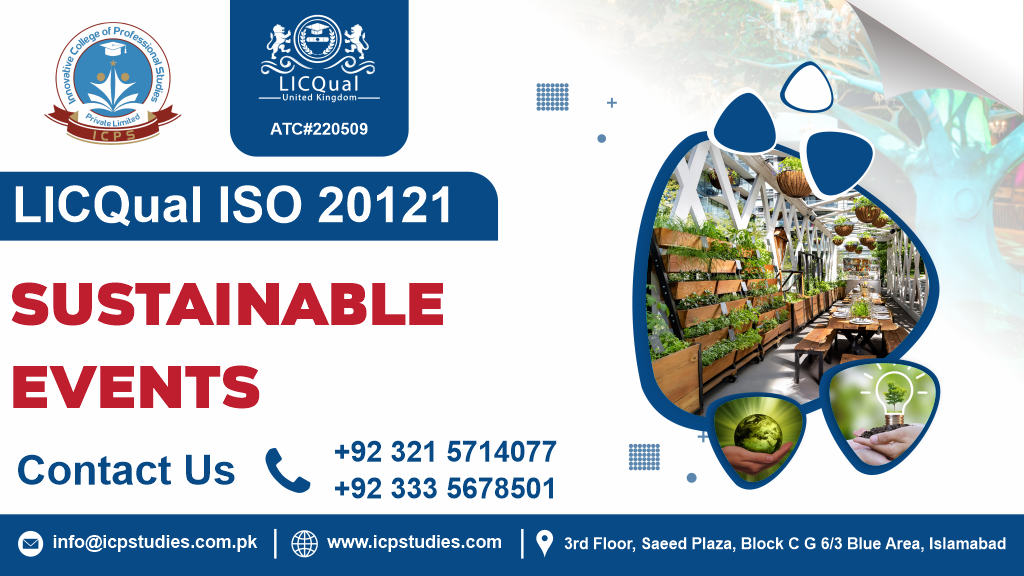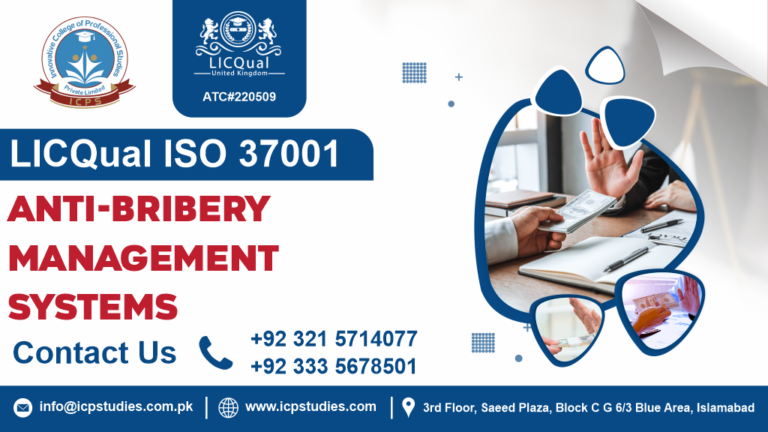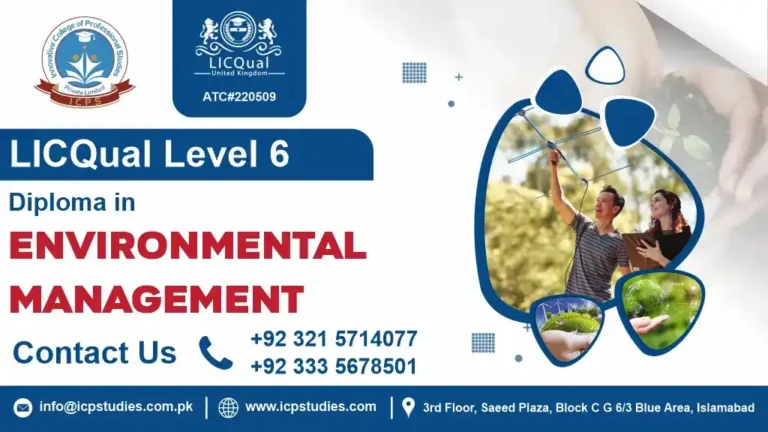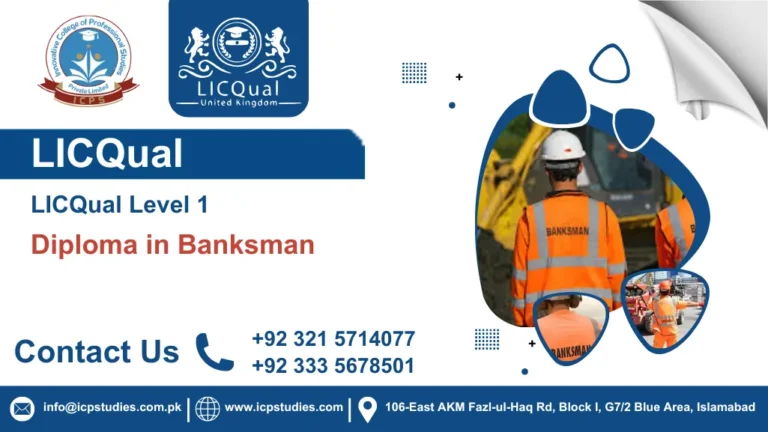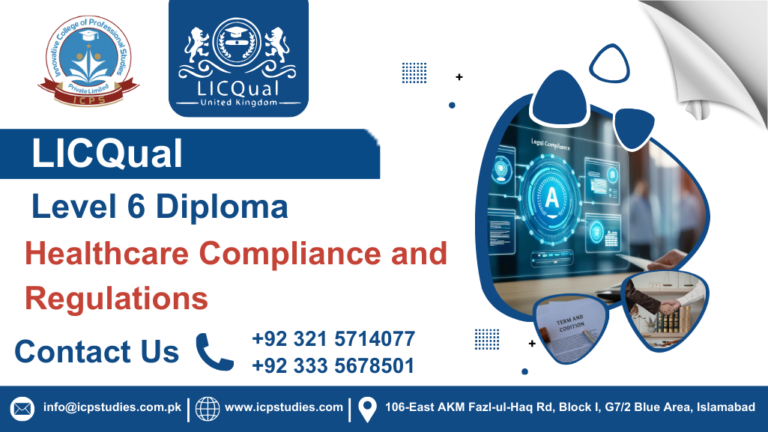In today’s world, sustainability has become more than just a buzzword—it’s a fundamental principle guiding various industries, including event management. As events grow in scale and complexity, ensuring they are sustainable and environmentally friendly becomes increasingly critical. This is where ISO 20121 comes into play, and within this framework, the role of an Internal Auditor is vital.
ISO 20121 is an international standard specifically designed for sustainable event management. It provides a framework for organizations to enhance their sustainability performance in the planning and execution of events. The standard focuses on minimizing the environmental impact, optimizing social and economic benefits, and ensuring that sustainability is integrated into all stages of the event lifecycle.
ISO 20121 Sustainable Events Internal Auditor is integral to the successful implementation of sustainability practices in event management. By ensuring compliance with the standard, identifying areas for improvement, and fostering continuous improvement, these professionals help organizations host events that are not only successful but also environmentally and socially responsible. As the demand for sustainable practices continues to grow, the importance of this role is likely to become even more pronounced, making it a crucial component of any forward-thinking event management team.
All About ISO 20121 Sustainable Events Internal Auditor
Course Overview
An ISO 20121 Sustainable Events Internal Auditor is a specialist responsible for ensuring that an organization’s event management practices adhere to the ISO 20121 standard for sustainable event management. This role is integral in helping organizations meet their sustainability goals and manage events in an environmentally responsible and socially beneficial manner.
The ISO 20121 Sustainable Events Internal Auditor plays a crucial role in ensuring that events are managed in a way that meets sustainability standards. By conducting thorough audits, identifying non-conformities, and recommending improvements, these professionals help organizations minimize their environmental impact, enhance social responsibility, and achieve their sustainability goals. As sustainability continues to be a key focus in event management, the role of the Internal Auditor becomes increasingly important in fostering a culture of continuous improvement and responsible event practices.
Study Units
- Introduction to ISO 20121
- Sustainability Principles
- Stakeholder Engagement
- Environmental Management
- Social and Ethical Considerations
- Economic Sustainability
- Internal Audit Techniques
- Continuous Improvement
- Educational Background: A degree or equivalent qualification in event management, sustainability, business management, or a related field.
- Professional Experience: Relevant work experience in event planning, sustainability practices, or related areas, usually ranging from one to three years.
- Familiarity with ISO Standards: Basic understanding of ISO 20121 and other sustainability standards related to events is beneficial.
- Knowledge of Sustainable Practices: Awareness of sustainability principles and practices in event management.
- Audit Principles: Basic knowledge of auditing methodologies and principles.
- Communication Skills: Strong verbal and written communication skills for effective reporting and stakeholder engagement.
- Commitment to Learning: Willingness to engage with course materials and participate in practical assessments.
As specific requirements may vary by provider, it’s advisable to check the details of the course you are interested in.
- Internal Auditors: Professionals tasked with auditing sustainable practices within event management.
- Event Managers: Individuals responsible for planning and executing events with a focus on sustainability.
- Sustainability Officers: Professionals dedicated to integrating sustainable practices into event planning and operations.
- Compliance Officers: Those ensuring adherence to sustainability standards and regulations in event management.
- Marketing and Communications Professionals: Individuals looking to promote sustainability initiatives within events.
- Venue Managers: Managers overseeing event spaces who want to implement sustainable practices.
- Consultants: Advisors providing expertise in sustainable event management and ISO standards.
Overall, the course is suitable for anyone involved in the planning, execution, or auditing of sustainable events.
4o mini
Learning Outcome
Introduction to ISO 20121
- Understand the Purpose and Scope: Explain the objectives and scope of ISO 20121 and its significance in the context of sustainable event management.
- Identify Key Components: Describe the main components and structure of the ISO 20121 standard.
- Implement Framework: Outline how to implement ISO 20121 principles within an event management system.
- Evaluate Compliance: Assess an organization’s compliance with ISO 20121 and identify key areas for improvement.
Sustainability Principles
- Define Sustainability: Articulate the core principles of sustainability and their relevance to event management.
- Integrate Sustainability: Apply sustainability principles to various aspects of event planning and execution.
- Assess Impacts: Evaluate the environmental, social, and economic impacts of events based on sustainability principles.
- Develop Strategies: Formulate strategies to enhance sustainability in event management practices.
Stakeholder Engagement
- Identify Stakeholders: Recognize key stakeholders in event management and understand their roles and interests.
- Engage Effectively: Develop and implement effective strategies for engaging stakeholders in sustainability initiatives.
- Manage Expectations: Address stakeholder concerns and expectations regarding sustainability in events.
- Evaluate Engagement: Assess the effectiveness of stakeholder engagement strategies and their impact on event sustainability.
Environmental Management
- Understand Environmental Impact: Explain the environmental impacts associated with event management.
- Implement Practices: Apply best practices for minimizing environmental impacts, including waste management, resource efficiency, and pollution control.
- Monitor Performance: Monitor and evaluate environmental performance indicators and sustainability metrics.
- Develop Plans: Create environmental management plans and policies to support sustainable event practices.
Social and Ethical Considerations
- Recognize Social Impacts: Identify the social impacts of events and the importance of ethical considerations.
- Promote Inclusivity: Develop strategies to promote inclusivity and diversity in event management.
- Address Ethical Issues: Address common ethical issues and dilemmas in the context of sustainable event management.
- Implement Best Practices: Apply best practices for ensuring social responsibility and ethical behavior in event planning and execution.
Economic Sustainability
- Understand Economic Principles: Explain the principles of economic sustainability and their relevance to event management.
- Analyze Costs and Benefits: Analyze the economic costs and benefits of sustainable event practices.
- Develop Economic Strategies: Develop strategies to balance economic goals with sustainability objectives.
- Measure Performance: Evaluate the economic performance of events in relation to sustainability goals.
Internal Audit Techniques
- Understand Audit Process: Describe the internal audit process and its importance in ensuring ISO 20121 compliance.
- Conduct Audits: Develop skills to conduct internal audits, including planning, executing, and reporting.
- Identify Non-Conformities: Identify non-conformities and areas for improvement in event management practices.
- Apply Audit Techniques: Use various audit techniques and tools to assess and enhance sustainability performance.
Continuous Improvement
- Understand Improvement Cycles: Explain the concept of continuous improvement and its role in sustainability.
- Implement Improvement Strategies: Develop and implement strategies for continuous improvement in event management practices.
- Monitor Progress: Monitor and measure progress towards sustainability goals and identify areas for further improvement.
- Foster a Culture: Promote a culture of continuous improvement within the organization to support ongoing sustainability efforts.
These learning outcomes will help ensure that students or professionals gain a comprehensive understanding of ISO 20121 and its application in sustainable event management.
FAQs about ISO 20121 Sustainable Events Internal Auditor

